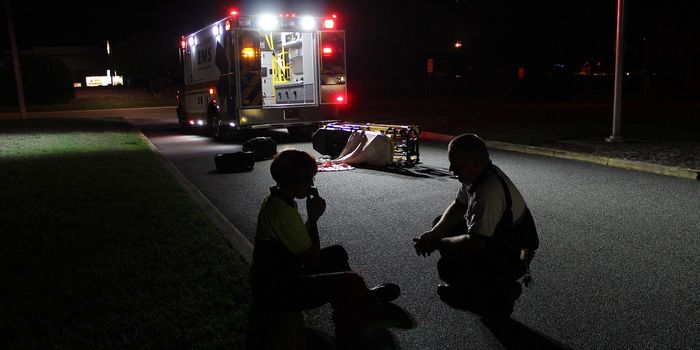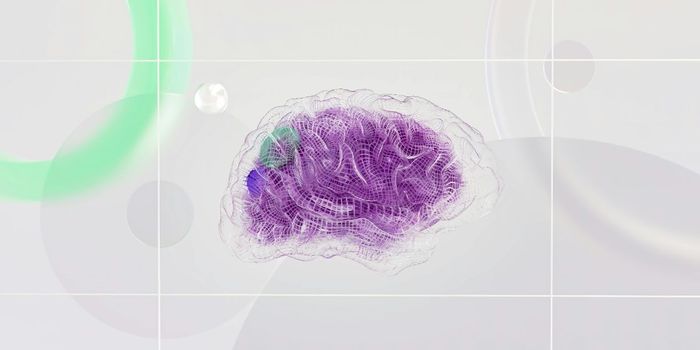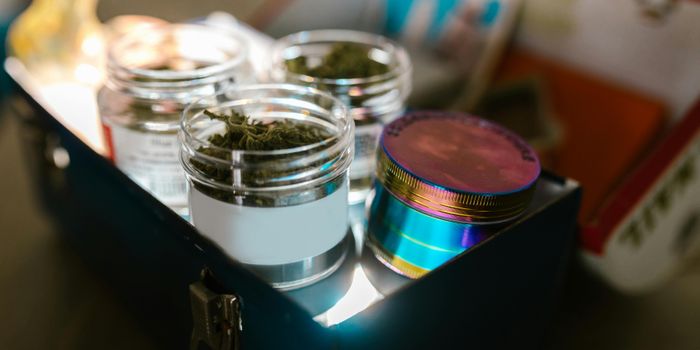Teenage Cannabis Use Linked to Preterm Births in Adulthood
People who heavily used cannabis in their teens are more likely to have premature babies than those who did not use the substance up to 20 years later. The research was published in Scientific Reports by scientists in the UK and Australia.
The use of tobacco and cannabis during pregnancy is associated with babies being born preterm and having a low birth rate, which are both linked to a higher risk for health problems. In the present study, researchers set out to find whether cannabis use before pregnancy is also linked to a baby’s early development.
For the study, they examined 665 participants from the Australian Victorian Adolescent Health Cohort Study (VAHCS) and Victorian Intergenerational Health Cohort Study (VIHCS). In particular, they honed in on their tobacco and cannabis use between the ages of 14 and 29 before pregnancy alongside birth outcomes.
In the end, the researchers found that parents who had used cannabis every day for some time between the ages of 15 and 17 were more likely to give birth to babies preterm or with a low birth weight when compared to parents who did not use cannabis as teens. The researchers say, however, that this outcome was limited to those who used cannabis most.
"Cannabis is the most commonly used illicit drug amongst teenagers. There is already evidence that frequent adolescent cannabis use increases the risks for poor mental health, but our results indicate there may be further effects that individuals may not anticipate.” said Dr Linsey Hines, one of the authors of the study.
"As regulations around legal use liberalise, there is a possibility that adolescent use may increase in some countries. These findings provide additional motivation for ensuring that policy changes do not lead to greater adolescent use,” she added.
Sources: Scientific Reports, Science Daily









